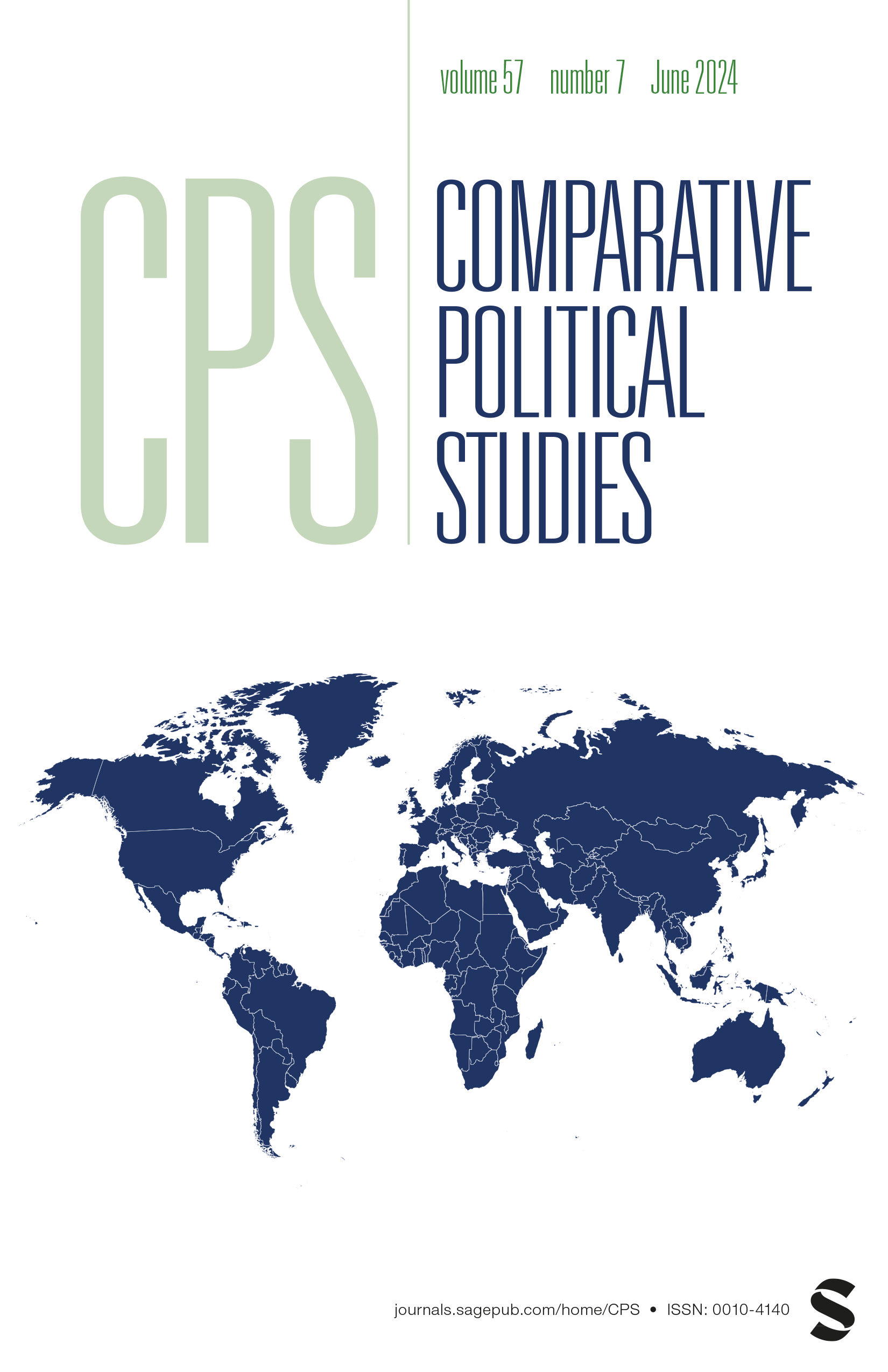症状和刻板印象:马拉维和赞比亚对Covid-19的看法和反应
IF 3.4
1区 社会学
Q1 POLITICAL SCIENCE
引用次数: 1
摘要
大量文献记录了Covid-19对健康和经济的影响。相反,我们关注的是它的政治影响,尤其是它加剧身份分歧的可能性。心理学家认为,传染病增加了人们对威胁的感知,并引发了对群体边界的监管。我们通过一项基于电话的调查实验,探讨了内外身份和疾病症状如何影响对感染的看法、报告的帮助意愿和限制生病邻居自由行动的愿望,该实验在疫情的不同阶段在两个邻近的非洲国家进行了三次:马拉维,从2020年5月5日至6月2日(n = 4,641);赞比亚,2020年7月2日至8月13日(n = 2198);再次是马拉维,从2021年3月9日到5月1日(n = 4356)。我们研究的身份在马拉维和赞比亚是突出的,但没有引起显著的先前暴力,使我们的研究相对较难测试疾病威胁理论。我们发现,在两个国家和不同的时间里,症状比局内人-局外人的身份更能塑造人们的观念和预测行为,这表明流行病独立引发身份政治从头开始的能力是有限的。本文章由计算机程序翻译,如有差异,请以英文原文为准。
Symptoms and Stereotypes: Perceptions and Responses to Covid-19 in Malawi and Zambia
A large literature documents Covid-19’s health and economic effects. We focus instead on its political impact and its potential to exacerbate identity divisions, in particular. Psychologists argue that contagious disease increases threat perceptions and provokes policing of group boundaries. We explore how insider-outsider status and symptoms of illness shape perceptions of infection, reported willingness to help, and desire to restrict free movement of an ailing neighbor using a phone-based survey experiment administered three times in two neighboring African countries during different stages of the pandemic: Malawi, from May 5 to June 2, 2020 (n = 4,641); Zambia, from July 2 to August 13, 2020 (n = 2,198); and Malawi again, from March 9 to May 1, 2021 (n = 4,356). We study identities that are salient in Malawi and Zambia but have not induced significant prior violence, making our study a relatively hard test of disease threat theories. We find that symptoms more strongly shape perceptions and projected behavior than insider-outsider status in both countries and across time, suggesting that there are limits to the ability of pandemics to independently provoke identity politics de novo.
求助全文
通过发布文献求助,成功后即可免费获取论文全文。
去求助
来源期刊

Comparative Political Studies
POLITICAL SCIENCE-
CiteScore
8.40
自引率
4.00%
发文量
69
期刊介绍:
Comparative Political Studies is a journal of social and political science which publishes scholarly work on comparative politics at both the cross-national and intra-national levels. We are particularly interested in articles which have an innovative theoretical argument and are based on sound and original empirical research. We also encourage submissions about comparative methodology, particularly when methodological arguments are closely linked with substantive issues in the field.
 求助内容:
求助内容: 应助结果提醒方式:
应助结果提醒方式:


